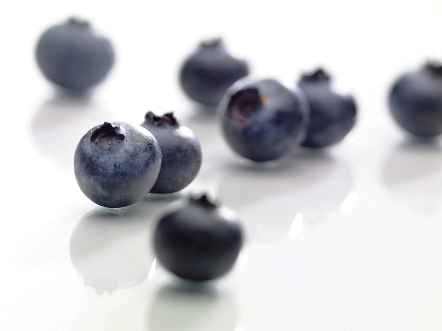Sugar Isn't As Sweet As We Think

I know sugar is bad for me. I know it is bad for my waistline, and most likely for other reasons also. I am sure you know that too. Yet sometimes I need a reminder, and you may too. So here are the many reasons sugar is bad for us.
When sugar enters the body, it has many both short and long-term effects on the cells. One of the effects of sugar exposure involves a process called glycation, in which over time sugars become irreversibly cross-linked with proteins or lipids forming Advanced Glycation End Products, aptly called AGEs (they even sound bad even before you really understand what AGEs do!).
Glycation and their resulting AGEs:
1. Change protein structure making it rigid and abnormal (think of broken down collagen, and those pesky wrinkles).
2. Induce Free Radical production (more free radicals = older-looking skin more quickly).
3. Interfere with a cell’s metabolic activity.
4. Deactivate our natural antioxidant defenses (less antioxidants – older-looking skin more quickly).
Glycation changes a protein’s structure resulting in AGEs, tissue damage, and inflammation, and also induces the creation of free radicals which are associated with many diseases and aging. Collagen and Elastin, key proteins in skin tissue quality, strength, and flexibility are particularly vulnerable to glycation. Free radicals take a toll on the skin’s structure and elasticity. We can physically observe AGE accumulation in the form of aging signs such as wrinkles and change in skin elasticity and quality.
To add to this issue, excess sugars and UV exposure work hand in hand to create havoc for our skin. UV light induces the cross linking process between sugars and lipids or proteins. Glycation induces sun damage: glycated skin cells exposed to UV exhibit significantly more UV damage than normal. As UV light is the main source of premature aging, exposing skin suffering from the effects of glycation ages the skin at an even faster rate. Conclusion: eating ice cream on the beach is the worst possible plan …
So – what can (should …) I do?
1. Avoid excess sugar; even better, avoid sugar in general …
2. Glycation also occurs by cooking sugar and lipids or proteins together, so avoiding foods that are both high in fat and sugar (therefore high in preformed AGEs) is important.
3. As glycation interferes with the body’s natural antioxidant defenses, antioxidant levels play a key role in counteracting damaging free radicals formed by glycation. Ensuring the intake of highly antioxidant foods and the application of antioxidant-rich topical products will ensure that antioxidant levels are replenished and subsequently prevent the negative effects of glycation on the skin.
A final note about glycation: quercetin, an antioxidant molecule naturally present in blueberries, and a key ingredient in Alchimie Forever products, has been found to be instrumental in preventing free radical creation by the glycation process and preventing structural changes in the properties of glycated components.
So today, if I am craving sweets, I will eat blueberries …
